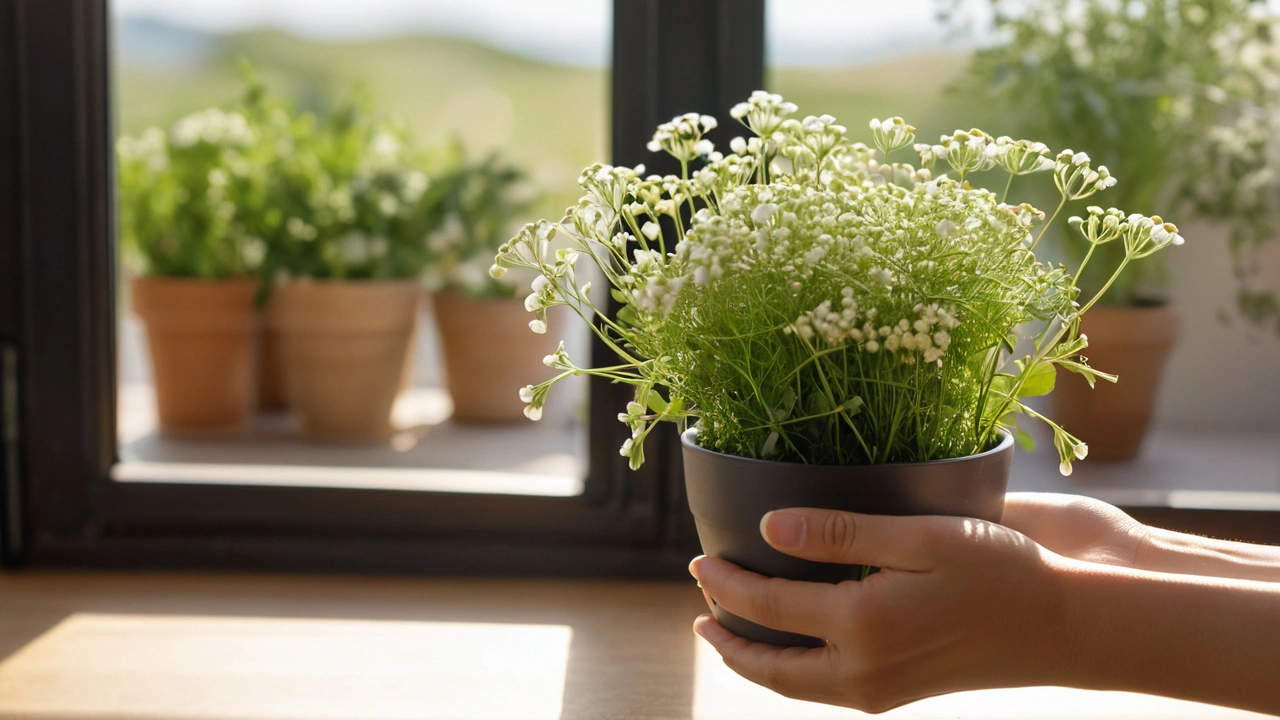Shepherd's Purse Benefits: Uses, Dosage & Safety
Shepherd's purse (Capsella bursa-pastoris) is a small, common weed with a long history in herbal medicine. People use it mainly to control bleeding, support wound care, and ease mild urinary problems. If you’re curious about a simple, plant-based option, this guide shows what it helps with, how people use it, and when to avoid it.
What it’s used for
The most common use is reducing bleeding. Clinical reports and traditional use point to benefits for heavy menstrual bleeding, nosebleeds, and small cuts. Some studies report reduced menstrual blood loss when women took shepherd’s purse preparations, though results vary by product and dose.
It’s also used as a mild astringent for skin and wound care. People make an infusion to rinse minor cuts and slow light bleeding. Folk and some clinical sources note anti-inflammatory effects and mild diuretic action, so it’s sometimes used when urinary irritation or retention is present.
How people take it and typical doses
Forms: tea, tincture, capsules, and topical washes are common. A simple tea: steep 1–2 grams of dried herb in hot water for 10 minutes, drink up to 2–3 times daily. Tinctures are used at about 1–3 ml, two or three times a day, depending on strength. Capsules often come as 300–500 mg; follow the product label or ask your pharmacist.
For acute bleeding (like a nosebleed or small wound), a cooled strong infusion used as a rinse or compress can help slow bleeding. For menstrual bleeding, people typically use an oral preparation consistently during the heavier days of the cycle.
Quality varies by brand. Look for products from reputable suppliers, ideally with clear ingredient lists and no unnecessary fillers. If you buy loose herb, check for clean aroma and color; avoid dusty or moldy batches.
Safety and interactions
Do not use shepherd’s purse if you’re pregnant — it can affect the uterus. Avoid it if you’re on blood thinners like warfarin, or taking strong anticoagulant or antiplatelet drugs; shepherd’s purse may change clotting. Stop use before surgery if possible. Mild stomach upset or allergic skin reactions happen rarely.
Always tell your healthcare provider or pharmacist if you plan to add shepherd’s purse, especially if you have a bleeding disorder, take blood pressure meds, or are on any prescription drugs. They can check for interactions and suggest safe dosing.
Quick tips
If you try shepherd’s purse, start with a low dose and watch how your body reacts. For heavy menstrual bleeding, track flow and symptoms and report any worsening to your clinician. For wounds, clean the area first and use the infusion as a short-term measure, not a replacement for medical care on deep or infected wounds.
Want help picking a product or checking interactions? Ask a pharmacist at Shiner Family Pharmacy — we can help you choose a quality supplement and make sure it’s safe with your current medicines.

